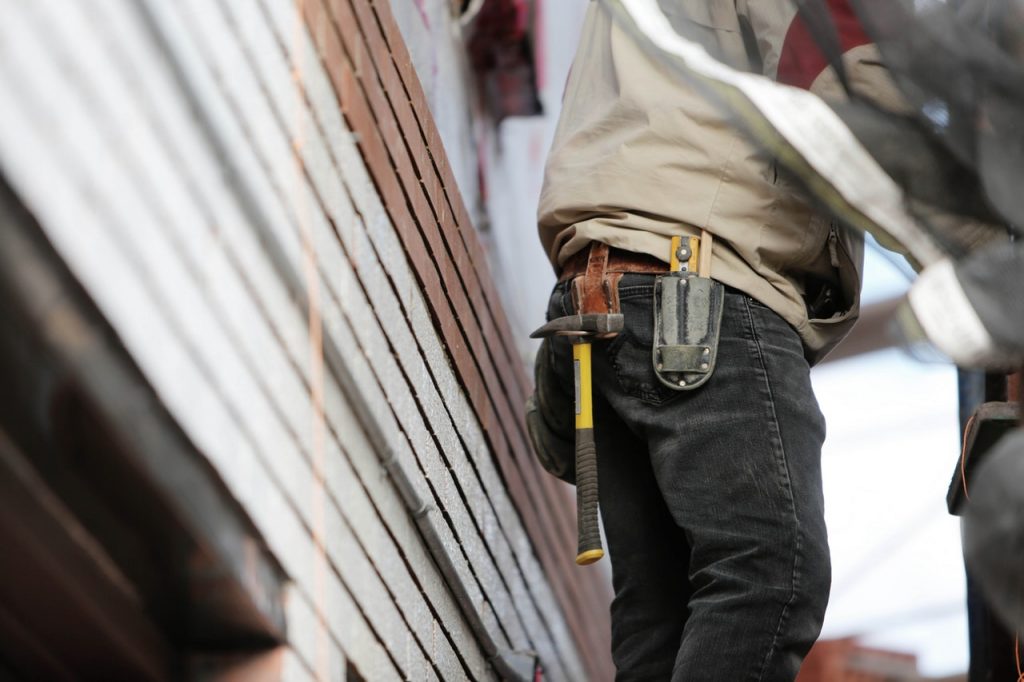Electrical hazards such as faulty electrical wiring, short circuits, and broken electrical outlets, can make people prone to injuries and accidents in their homes and places of work. Electrical systems are a top-three cause of home fires. The Electrical Safety Foundation International (ESFI) reports that approximately 51,000 home electrical fires occur annually which claim nearly 500 lives and cause over 1,400 injuries and billions of dollars in property damage. Additional electrical hazards in the workplace include, but are not limited to, improper use of extension cords and power strips. Electrical circuits are often overloaded in workplaces, as many high-wattage appliances are plugged in and in use simultaneously. Leaving these appliances plugged into outlets, even when they are not in use can risk electrical fires.
Most electrical dangers are too much for people without electrical knowledge or experience to handle. To ensure the electrical safety of homes and workplaces and eliminate hazards, people should enlist the expertise of electrical contractors.
What is an electrical contractor?
The term electrical contractor usually refers to more than one individual. Like this electrical contractor in Dillsburg, PA, for example, an electrical contractor is an agency of professionals who perform electrical maintenance and construction. Electrical contractors specialize in designing, installing, and maintaining electrical systems. They are responsible for ensuring the safety and effectiveness of electrical systems.
Following blueprints, they handle approved projects such as electrical system installation, the electrical wiring and rewiring of switches, breaker boxes, and more for buildings and structures. Electrical contractors are responsible for double-checking their work and ensuring it complies with building codes. Other services performed by electrical contractors can include installing streetlights, and wiring devices such as fire alarms, security alarms, and intercoms. Some electrical contractors have experience hooking up technological equipment, enabling them to offer these services, as well.
The difference between electrical contractors and electricians?
An electrical contractor differs from an electrician. As mentioned above, an electrical contractor is typically a business that employs electrical experts. An electrician, however, is an individual. Electricians are trained and licensed to do electrical work. They can work for electrical contractors, or they can be independent workers.
What do electrical contractors do?
Electrical contractors provide services in areas such as electrical construction and maintenance, electrical design, and industrial design. Due to the nature of the work, electrical contractors work in various settings. Some electrical contractors may specialize in doing indoor work concerning power systems, wireless networks, and telecommunications equipment, while others may specialize in doing outdoor work, such as the engineering and electrical power transmission of power plants. Electrical work occurs in commercial, industrial, or residential settings. Some projects require more time and effort for safe completion, so the hours that electrical contractors work vary across daily projects.
Given that an electrical contractor is a full business, there are many entailed duties. In addition to electrical installation and maintenance, technicians and employees of electrical contractors have to perform administrative tasks such as appointment scheduling and keeping permit applications up-to-date and in compliance with regulatory requirements. Additionally, electrical contractors have to work in areas of customer service to ensure that relations with clients and customers go smoothly.
Electrical contractors have to maximize safety, so they routinely inspect the electrical equipment they work with and are responsible for getting rid of and replacing defective electrical parts.
Consulting an electrical contractor to install additional outlets into walls can help prevent heavy reliance on power strips that can quickly become overloaded. Having electrical contractors conduct regular inspections of electrical wiring, cables, and boxes can make buildings and homes safer and certify that they are up-to-code.














